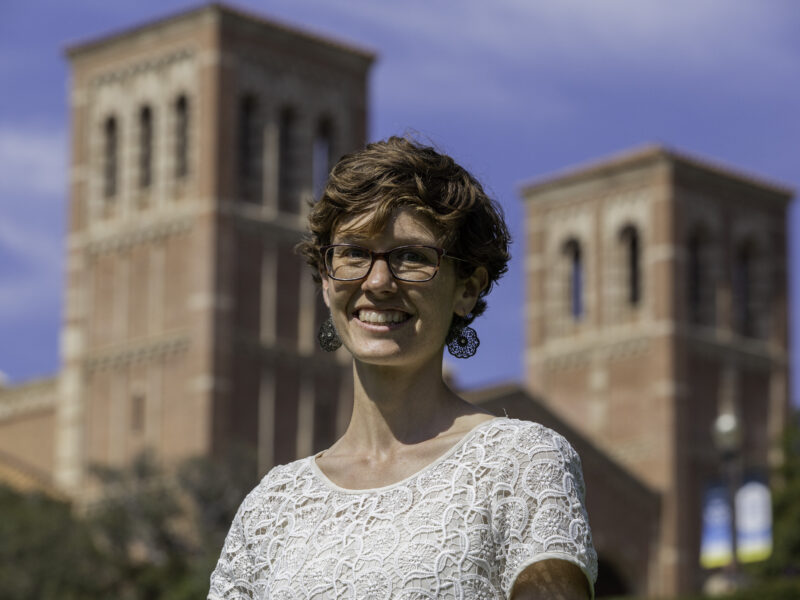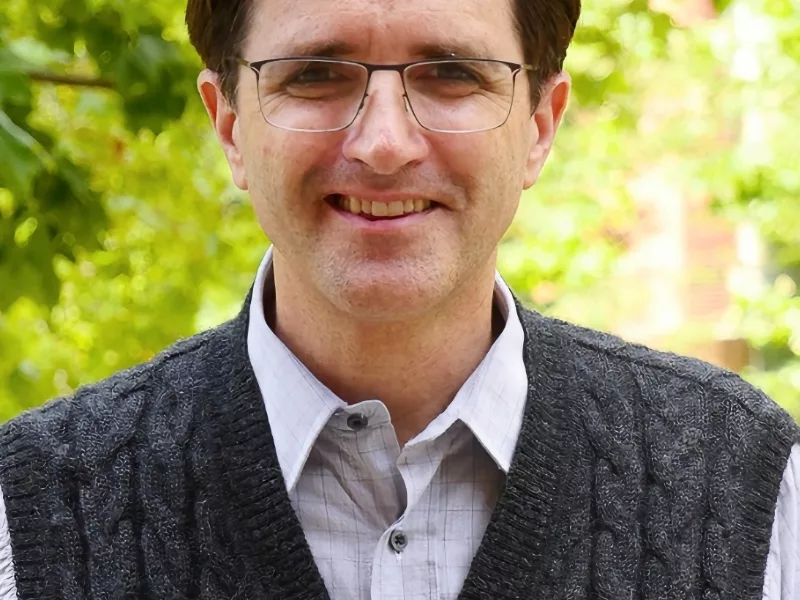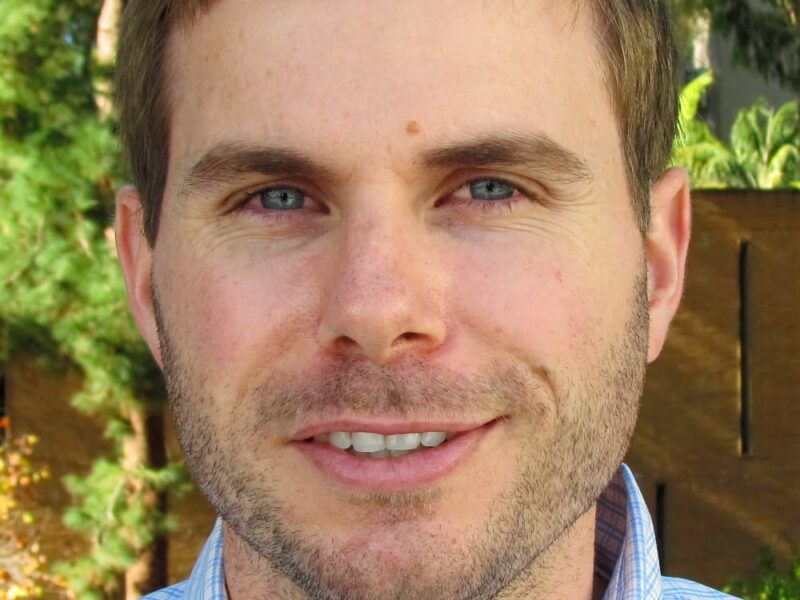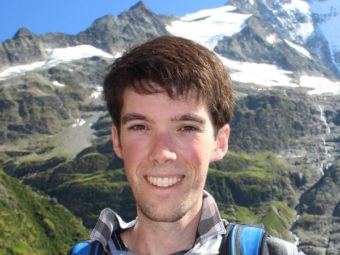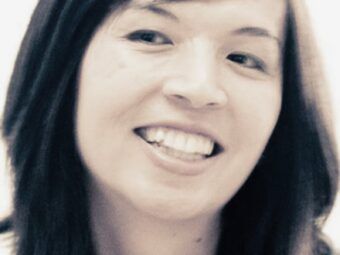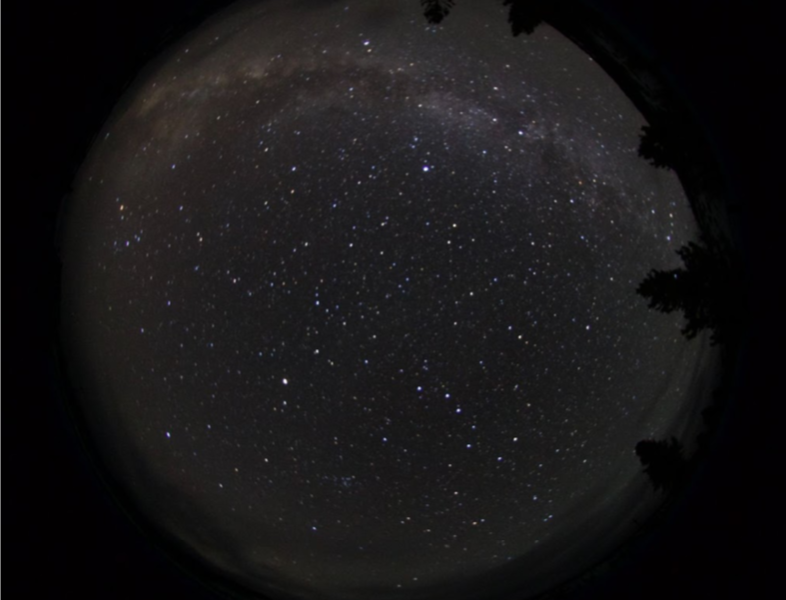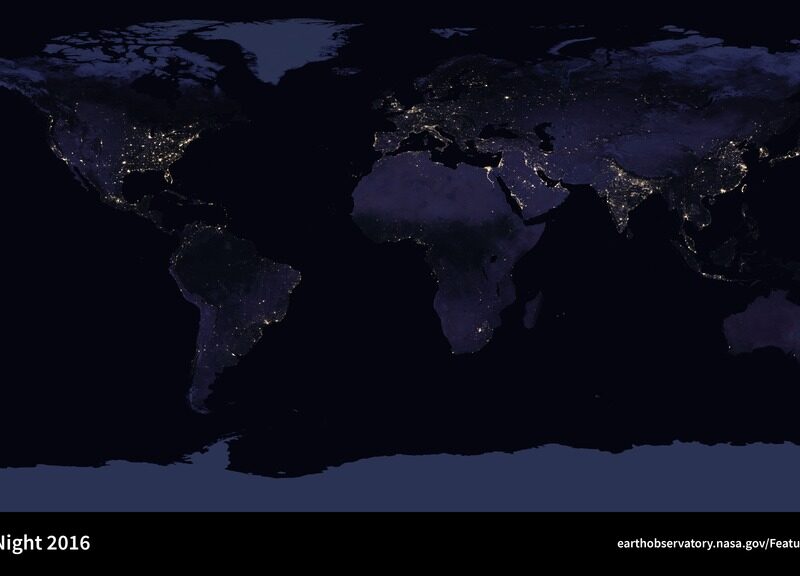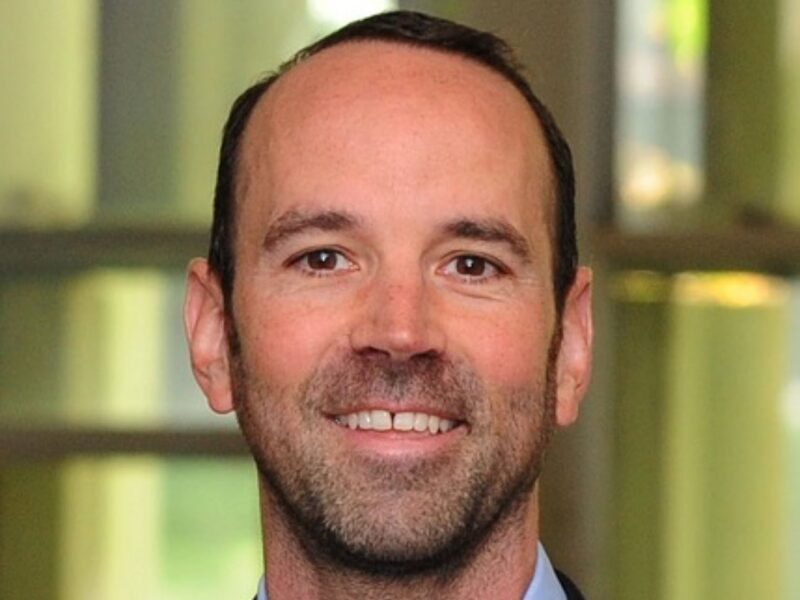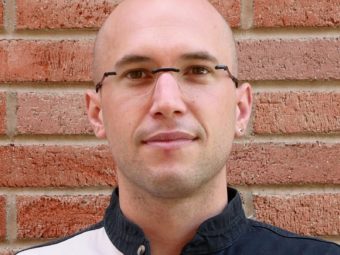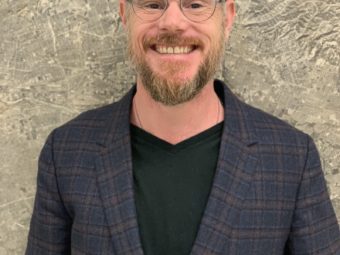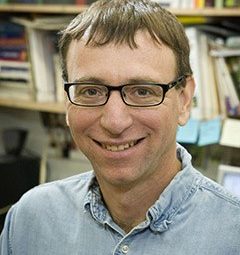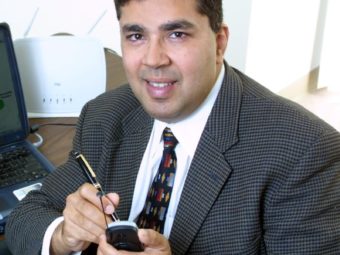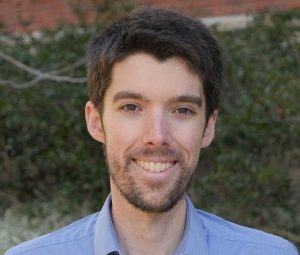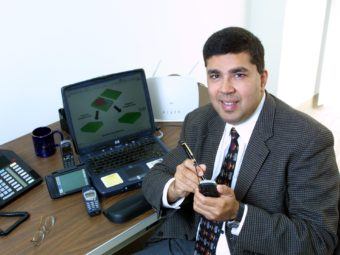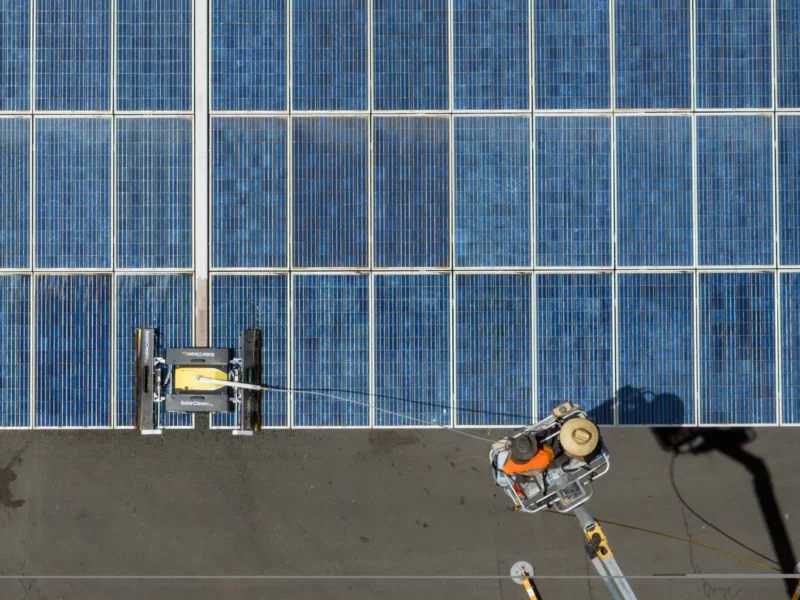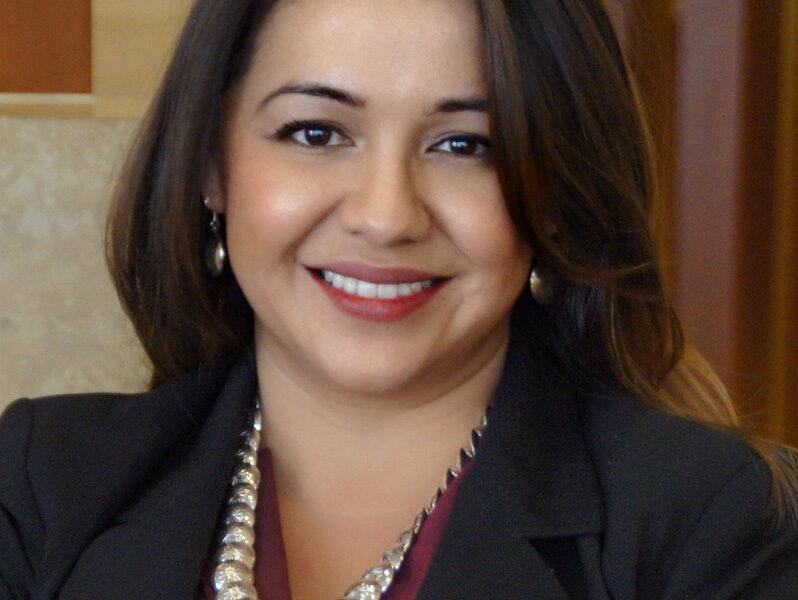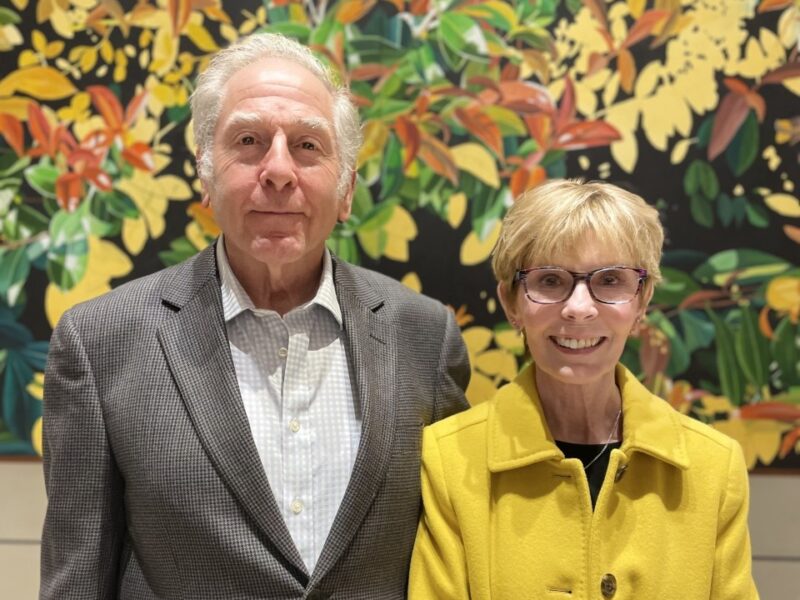IoES in the News
Headline
Karen McKinnon research highlighted in UCLA Newsroom: Are extreme heat waves happening more than expected? UCLA research says not yet.
“The 2021 Pacific Northwest heat wave appears to be the result of climate change and extraordinarily bad luck with natural variability,” says UCLA climate scientist & statistician Karen McKinnon.
Headline
Farwiza Farhan recognized as a rising star in the TIME100 Next
Rainforest conservationist and 2021 Pritzker Emerging Environmental Genius Award Winner Farwiza Farhan recognized in the TIME100 Next– a list that recognizes 100 rising stars from across industries and around the…
Headline
Travis Longcore in The Los Angeles Times: Newsom vetoes bill aimed at preventing light pollution
Gov. Gavin Newsom has vetoed a bill that would have dimmed the light pollution emanating from state buildings, writing that the proposed law was an “overly broad mandate” whose costs…
Headline
Gregory Pierce Writes: Desalination Sounds Easy. There Are Better Ways to Meet Water Needs.
The oceans contain almost all of the water on Earth’s surface, yet turning seawater into fresh water is expensive, energy-intensive, and can harm marine life, writes Gregory Pierce, co-director of…
Headline
Daniel Swain in CNN: California’s wildfire activity is running below average this year. But experts warn it’s not over
“When people talk about this, they’re often talking about the acreage burned and actually not only does it not tell the whole story, but it arguably doesn’t tell most of…
Headline
Kian Goh in The Washington Post: Coastal cities in parts of Asia are sinking fastest, study finds
“By 2030, a large part of Jakarta will be uninhabitable” — or if not, soon to be regularly flooded, said Kian Goh, an architect and urban planner at the University…
Blog
Student Blog: Sky Quality Camera: A Tool to Track and Analyze Light Pollution in the CIDSR
By Jules de la Cruz Artificial brightening of the night sky — also known as light pollution — has become a significant issue in the past few decades. As the…
Blog
Student Blog: Shining a Light on Light Pollution in CIDSR
By Mahliya Purificacion The night sky has long been a source of awe for humanity, serving as inspiration for science, religion, and countless pieces of art and literature. For past…
Headline
Alex Hall in The Los Angeles Times: California is so hot and dry that not even soaking rain can ease fall fire peril
A summer of drought, extreme heat and deadly wildfires will end with much-needed rain this week in parts of California, but it is unlikely to douse the threat of wind-driven fires this fall…
Headline
Chase Niesner in The Los Angeles Times: Inside the war against Southern California’s urban coyotes. ‘Horrific’ or misunderstood?
In Los Angeles, there is a deep division between those who want to eradicate coyotes and those who seek peaceful coexistence with the species. On one hand, people want to…
Headline
Brad Shaffer in The New York Times — Opinion: Humans Have a Long History of Making ‘Very Bad Decisions’ to Save Animals
An ambitious project of more than 100 scientists led by the biologist Brad Shaffer at UCLA is currently working to catalog the genomes of about 230 animal and plant species across…
Headline
Brad Shaffer in The New York Times: novel genomic approaches to biodiversity conservation
The California Conservation Genomics Project, led by UCLA La Kretz Center director Brad Shaffer, is highlighted as a unique, coordinated effort to help avert climate-related extinctions across the state. The article also discusses Shaffer's concept of Urban Arks, where non-native endangered species may find sanctuary in cities and urban environments.
Headline
Gregory Okin in CNN: Our pets are part of the climate problem. These tips can help you minimize their carbon pawprints
Our four-legged friends don’t drive gas-guzzling SUVs or use energy-sucking appliances, but that doesn’t mean they don’t have a climate impact. Their meat-heavy diet is the biggest contributor to their…
Headline
Daniel Blumstein in the Los Angeles Times: Don’t worry about that squirrel ‘splooting’ — it’s just trying to beat the heat
“Bears do it, squirrels do it, rabbits do it, dogs [too],” said Daniel Blumstein, a professor at UCLA’s Department of Ecology and Evolutionary Biology. “They get really flat when they’re…
Headline
Rajit Gadh in dot.LA — Businesses in Los Angeles Are Working to Lessen Burden on Strained Power Grid
Rajit Gadh has led research at UCLA for more than a decade that considers the viability of using electric car batteries to supplement the grid. “[You] can get data from the…
Headline
Daniel Swain in The Los Angeles Times: With Tropical Storm Kay arriving, here’s how to check your flood risk
Tropical Storm Kay, a system along the northern coast of Mexico’s Baja California peninsula, is expected to cause heavy rains, flash flooding, strong winds and muggy conditions through Saturday. However,…
Headline
Daniel Swain in the New York Times: Californians Unsure if Tropical Storm Will Be Friend or Foe
Experts said the storm’s arrival was certainly unusual; it was one of the closest approaches of an intact tropical cyclone to California in decades, according to Daniel Swain, a climate…
Headline
Rajit Gadh in The Washington Post: California scrambles to avoid blackouts as it pursues a green energy future
As California narrowly avoided widespread blackouts, the millions of residents who kept the grid afloat by jacking up thermostats and shutting appliances were not the only ones feeling the heat.…
Headline
The real reason a heat wave is pushing California’s power grid to its limits
Heat’s impact on the grid is twofold, explained Eric Fournier, research director at UCLA’s Institute of the Environment and Sustainability. First, more people turn on their air conditioners and run them for longer on hot days, which means electricity demand is higher. Second, heat has a physical impact on the infrastructure of the grid, making wires less efficient at moving electricity and pushing transformers and thermal power plants to their temperature limits. As the temperature rises, those air conditioners have to work harder to cool the air — which means they draw more power, straining the grid even more. “So you get this feedback loop,” said Fournier.
Headline
Daniel Swain in Huffington Post: California Endures Worst Days Of Severe, Relentless Heat Wave
California has experienced temperatures as high as 117 degrees Fahrenheit in certain areas. “This will be essentially the worst September heat wave on record, certainly in Northern California and arguably…
Headline
2020 Pritzker Award Winner Appointed to President Biden’s National Infrastructure Advisory Council
2020 Pritzker Emerging Environmental Genius Award winner Clara L. Pratte was appointed by President Biden to the National Infrastructure Advisory Council (NIAC), which gives advice to the White House on…
Headline
Daniel Swain in The Los Angeles Times: Under a Heat Dome — California will broil this week in a ‘long-duration event’
“This is going to be a long-duration event,” said UCLA climate scientist Daniel Swain. “And that’s sort of characteristic of heat domes — that’s partly because they can sort of be self-persisting,…
Awards
Future of Life Institute honors Richard Turco and other ‘nuclear winter’ pioneers
UCLA distinguished professor emeritus and founding director of the UCLA Institute of the Environment and Sustainability, Richard Turco, received The Future of Life Award for his role in the discovery…
Headline
Daniel Swain in Salon: A shrinking Lake Powell could herald an even worse water crisis in the Southwest’s future
“The shrinking of Lake Powell is due to a number of factors, including the climate change-induced drying noted above, increasing human demand for water in the Basin, and various specific…
Headline
Alex Wang in Barron’s: The U.S. and China Aren’t Talking Climate. Should We Worry?
Following House Speaker Nancy Pelosi’s visit to Taiwan, China canceled bilateral climate discussions with the US on August 5. At this time, the world’s two largest polluters are no longer involved…

